Shenzhen Wesort Optoelectronics Co., Ltd.
Address:Building 29, Longwangmiao Industrial Zone, Fuyong street, Bao'an District, Shenzhen, Guangdong Province, China.
Phone:+86 181 2370 6862
Indonesia has long been one of the world’s top coffee-producing countries, renowned for its rich flavor profiles and unique regional varieties. But as global markets demand increasingly higher quality and consistency, exporters are under growing pressure to meet strict international standards. That’s where high-resolution color sorting technology comes into play — revolutionizing how coffee beans are selected and ensuring only the best reach global roasters and retailers.
Why Traditional Sorting Falls Short
Manual sorting or basic optical systems often fail to accurately detect subtle color defects like black spots, yellowing, insect damage, or over-fermentation — all of which can impact flavor, shelf life, and appearance. This leads to inconsistent batches and increased rejection rates in export markets.

WESORT Coffee Color Sorter: A Game-Changer in Defect Detection
WESORT's machines sort accurately and maximize yields whether the beans are Arabica or the less homogeneous Robusta species.
WESORT’s advanced coffee bean color sorters use high-resolution cameras and AI-powered image processing to perform precise defect detection in real time. These machines can detect even the most minor imperfections across thousands of beans per second — separating dark, yellow, moldy, or broken beans while retaining uniform, healthy ones.
This level of accuracy directly supports exporters by:
Reducing the number of defective beans in each shipment
Increasing uniformity and visual appeal
Meeting or exceeding Indonesian coffee bean sorting standards
Enhancing the overall cupping score and value of the product
Aligning with Global Quality Expectations
Major coffee importers, especially in Europe, the US, and Japan, are becoming more stringent about bean quality. For Indonesian producers to remain competitive, adopting automated, intelligent sorting solutions is no longer optional — it's essential.
By incorporating high-resolution sorting, exporters not only minimize waste but also ensure compliance with evolving trade regulations and certification demands like organic, fair-trade, and specialty-grade coffee.

Join Us at World of Coffee Jakarta 2025
Want to see how it works in person? WESORT will be showcasing its latest coffee sorting technology at the World of Coffee Jakarta Expo 2025.
📍 Venue: Jakarta Convention Center (Jl. Gatot Subroto No.1. Jakarta Pusat, Indonesia)
📅 Dates: May 15–17. 2025
🕙 Opening Hours: 10:00 – 18:00
Our experts will be on-site to demonstrate how our machines help elevate coffee bean quality — from farm to export.
👉 Learn more at our official site: www.wesortcolorsorter.com
Boost your exports. Improve your brand. Let technology sort the difference.
Indonesia has long been one of the world’s top coffee-producing countries, renowned for its rich flavor profiles and unique regional varieties. But as global markets demand increasingly higher quality and consistency, exporters are under growing pressure to meet strict international standards. That’s where high-resolution color sorting technology comes into play — revolutionizing how coffee beans are selected and ensuring only the best reach global roasters and retailers.
Why Traditional Sorting Falls Short
Manual sorting or basic optical systems often fail to accurately detect subtle color defects like black spots, yellowing, insect damage, or over-fermentation — all of which can impact flavor, shelf life, and appearance. This leads to inconsistent batches and increased rejection rates in export markets.

WESORT Coffee Color Sorter: A Game-Changer in Defect Detection
WESORT's machines sort accurately and maximize yields whether the beans are Arabica or the less homogeneous Robusta species.
WESORT’s advanced coffee bean color sorters use high-resolution cameras and AI-powered image processing to perform precise defect detection in real time. These machines can detect even the most minor imperfections across thousands of beans per second — separating dark, yellow, moldy, or broken beans while retaining uniform, healthy ones.
This level of accuracy directly supports exporters by:
Reducing the number of defective beans in each shipment
Increasing uniformity and visual appeal
Meeting or exceeding Indonesian coffee bean sorting standards
Enhancing the overall cupping score and value of the product
Aligning with Global Quality Expectations
Major coffee importers, especially in Europe, the US, and Japan, are becoming more stringent about bean quality. For Indonesian producers to remain competitive, adopting automated, intelligent sorting solutions is no longer optional — it's essential.
By incorporating high-resolution sorting, exporters not only minimize waste but also ensure compliance with evolving trade regulations and certification demands like organic, fair-trade, and specialty-grade coffee.

Join Us at World of Coffee Jakarta 2025
Want to see how it works in person? WESORT will be showcasing its latest coffee sorting technology at the World of Coffee Jakarta Expo 2025.
📍 Venue: Jakarta Convention Center (Jl. Gatot Subroto No.1. Jakarta Pusat, Indonesia)
📅 Dates: May 15–17. 2025
🕙 Opening Hours: 10:00 – 18:00
Our experts will be on-site to demonstrate how our machines help elevate coffee bean quality — from farm to export.
👉 Learn more at our official site: www.wesortcolorsorter.com
Boost your exports. Improve your brand. Let technology sort the difference.

In modern agriculture, food processing, and recycling, quality control plays a vital role. This is where an optical sorter comes in. Many buyers often ask: What is an optical sorter? What does it do? How much does it cost? And how is WESORT optical...
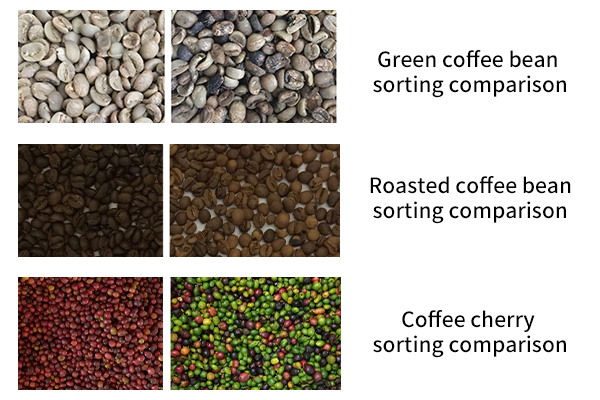
In the coffee industry, the quality of the final cup often depends on the smallest details during processing. One crucial step is removing defective beans, foreign materials, and color inconsistencies. This is where a coffee bean color sorter plays...

Coffee processing is a complex and meticulous task that involves several stages to transform raw coffee cherries into the high-quality beans we enjoy in our morning brew. One crucial step in this process is the sorting of coffee beans based on thei...

In the world of walnut processing, even the smallest imperfection can significantly impact product quality, market price, and brand reputation. Mold, insect damage, broken pieces, or inconsistent color are common defects that reduce the value of wa...
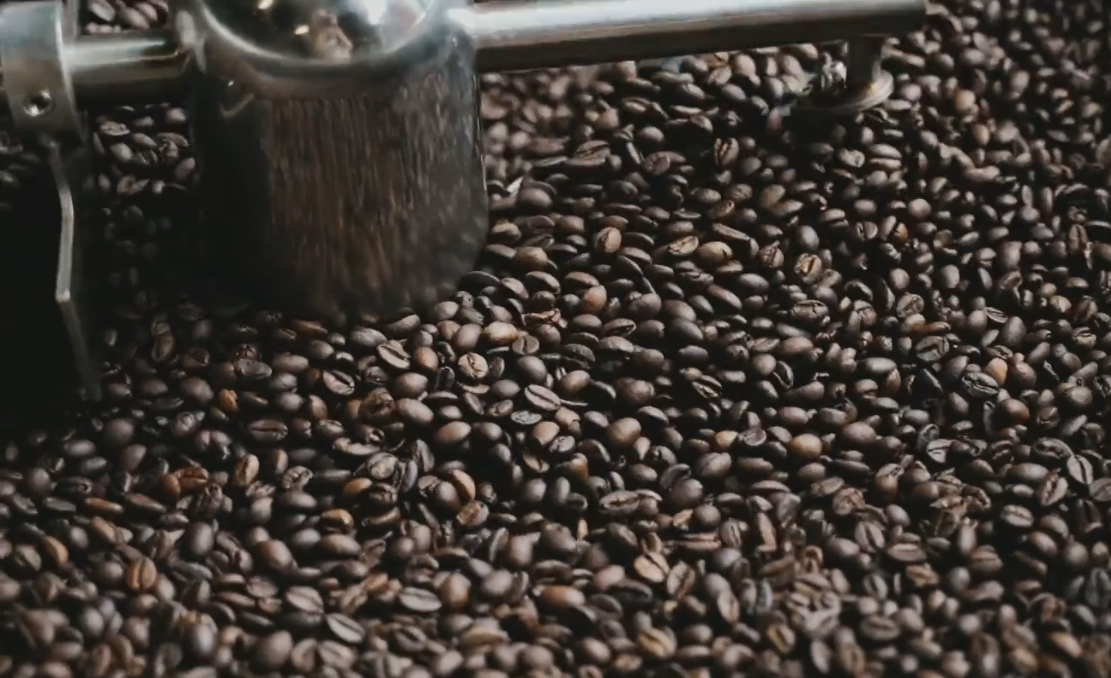
From green bean exporters to specialty coffee roasters, every producer faces the same challenge: how to remove defects efficiently while protecting valuable beans. Problems such as mold, fermentation damage, insect bites, black beans, broken beans,...
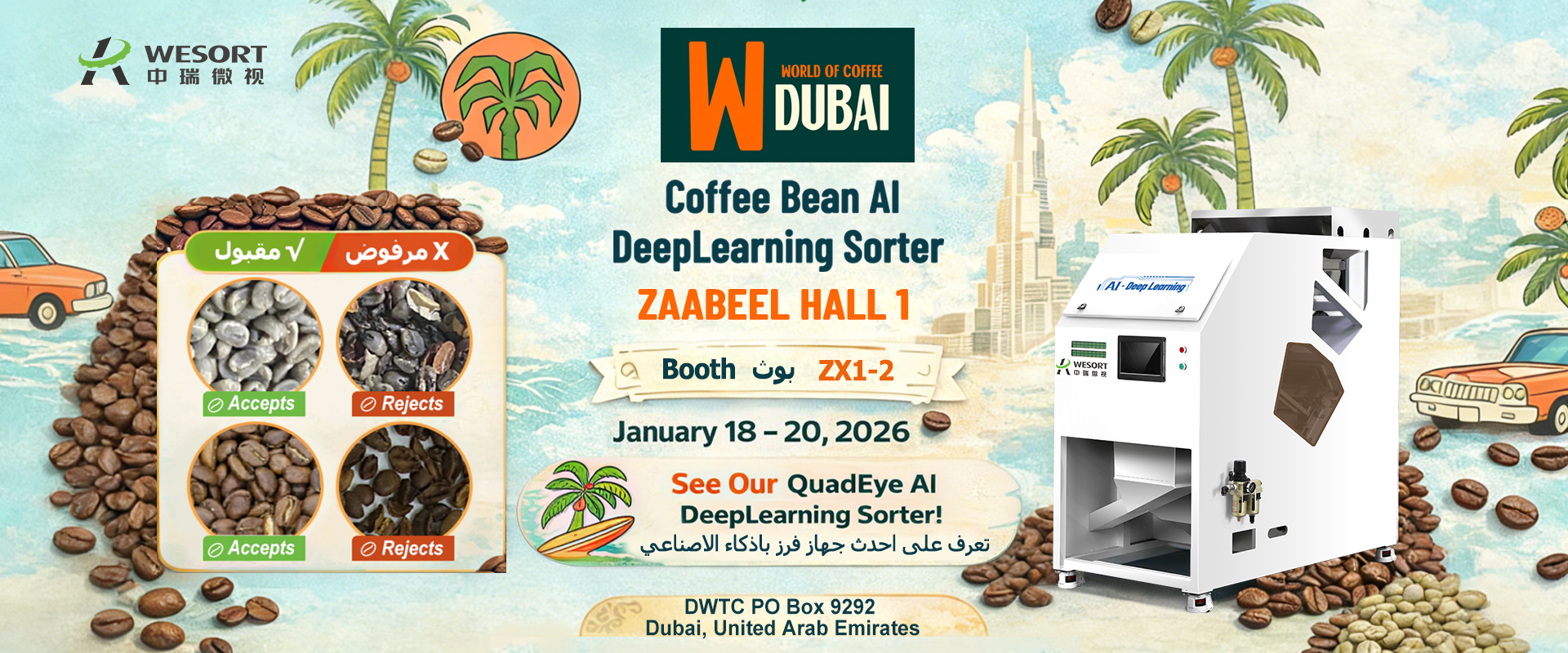
To meet the growing demand for premium and specialty coffee, sorting accuracy must go beyond traditional color-based systems. The QuadEye 360 AI Coffee Bean Sorter, developed by WESORT, represents the next generation of intelligent coffee bean so...

Dear friend, If you are attending World of Coffee Dubai 2026. we would like to invite you to visit WESORT. We will showcase our QuadEye 360 AI Coffee Bean Sorter, featuring 360° four-side inspection, AI deep learning models, near-zero breakage,...

Meta Description: Looking for the top hazelnut sorting machine manufacturer? WESORT offers advanced hazelnut color sorters with AI deep learning to efficiently remove defects, pests, and foreign materials. Boost your hazelnut processing efficienc...
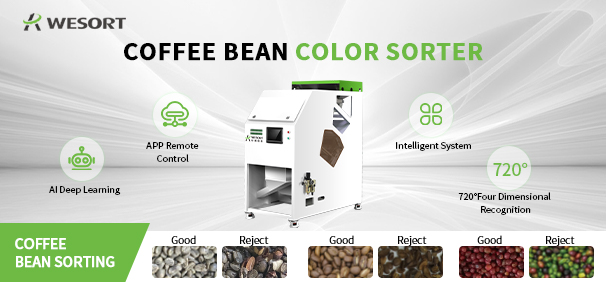
With the growing popularity of specialty coffee, the purity of coffee beans determines the aroma and taste of a cup of coffee. Achieving 99.9% purity requires high-performance coffee bean sorting equipment. Among Chinese coffee bean color sorter ma...
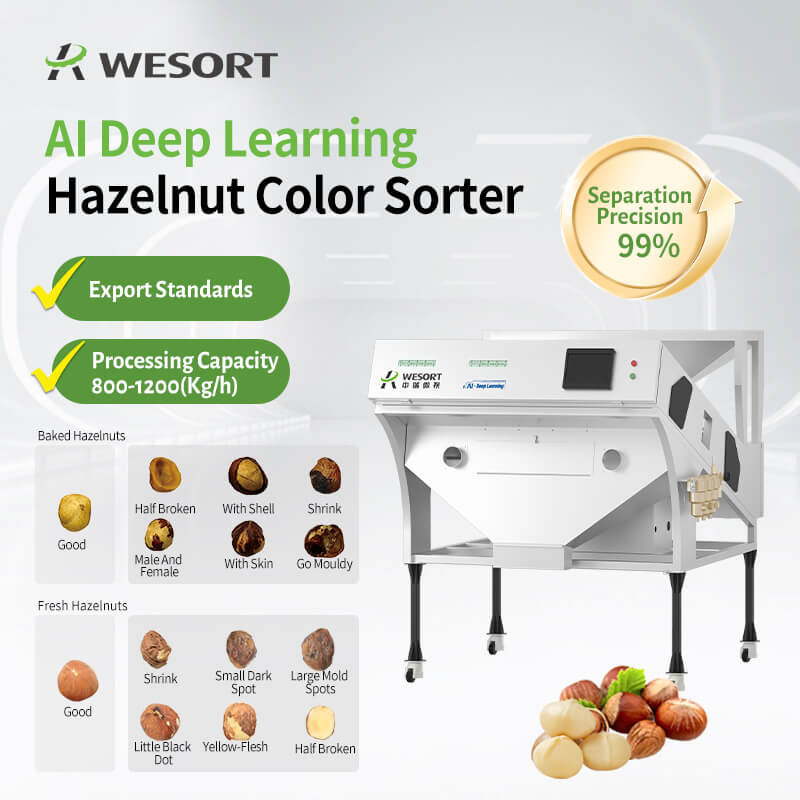
What's the most vexing issue in the hazelnut industry chain? It's not yield, but quality. Defects like mold, wrinkled skin, and foreign matter not only reduce product value but can also put export orders at risk. The solution isn't to increase the ...
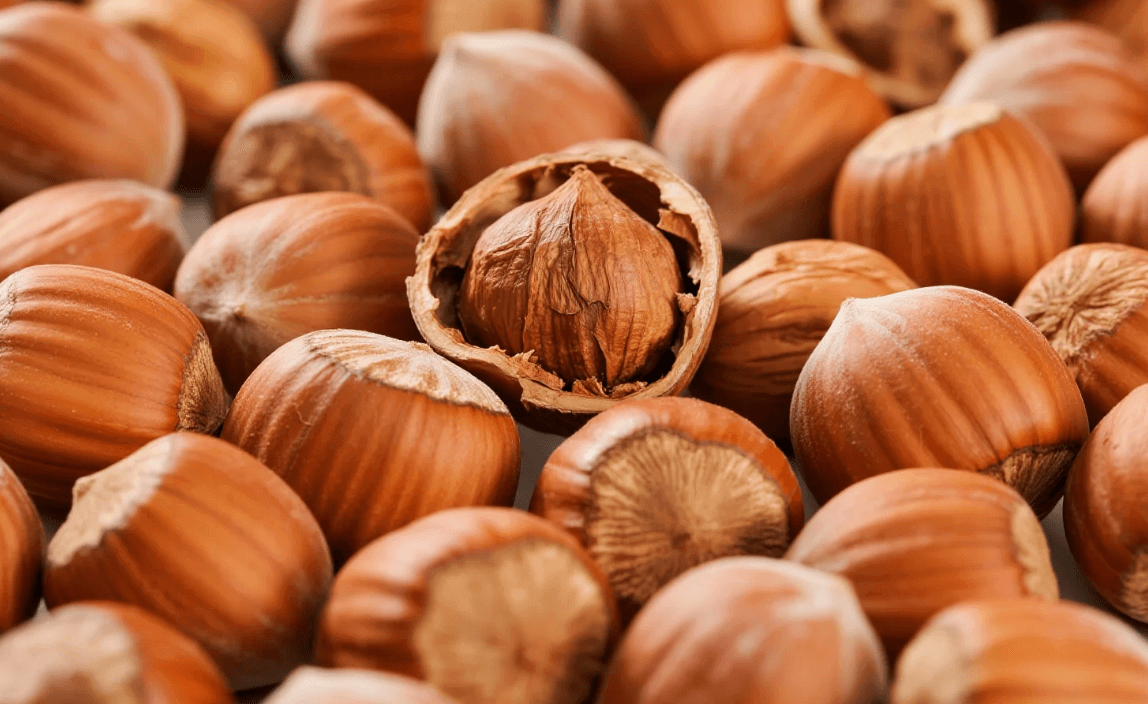
Every hazelnut tells a story—about the soil it grew in, the care during harvest, and the precision of its processing. Yet between farm and final product, hidden defects like mold, insect damage, and discoloration can turn premium hazelnuts into cos...
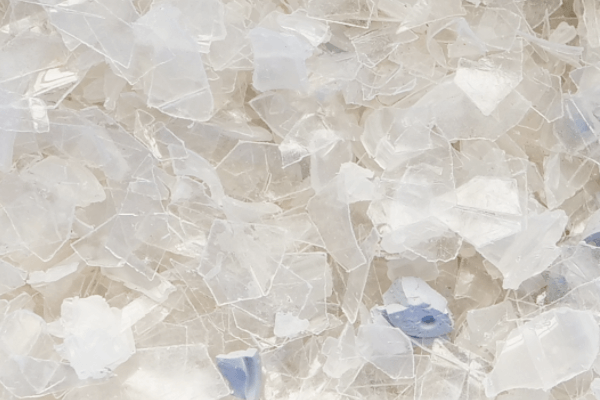
Plastic waste recycling is one of the most pressing challenges in today’s sustainability-driven world. Proper plastic sorting ensures high-quality recycled materials, reduces environmental impact, and improves profitability for recycling businesses...
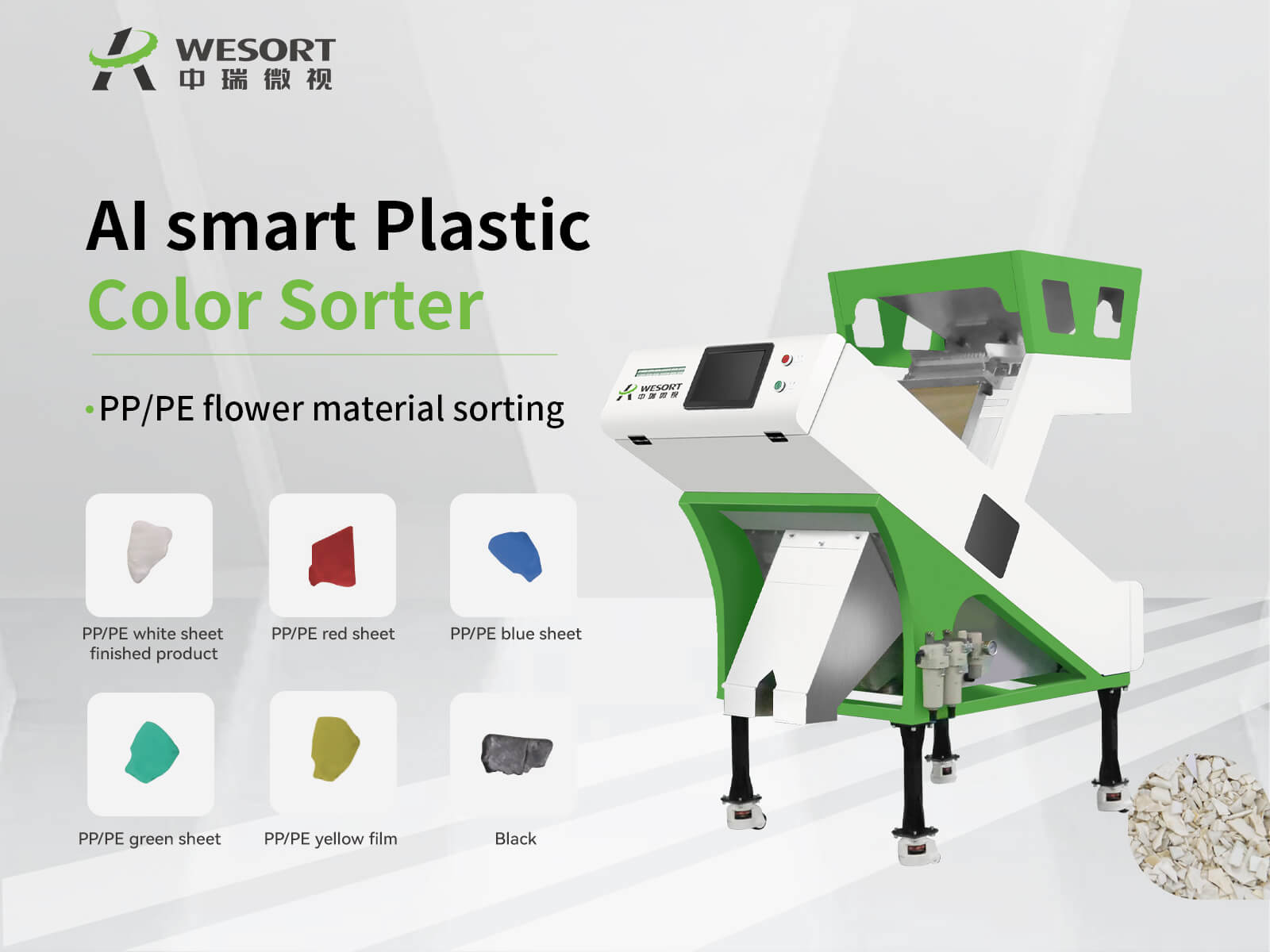
In the plastic recycling industry, purity and efficiency directly determine profitability. As global demand for recycled plastics increases, manufacturers need advanced solutions to separate impurities, improve yield, and ensure consistent product ...
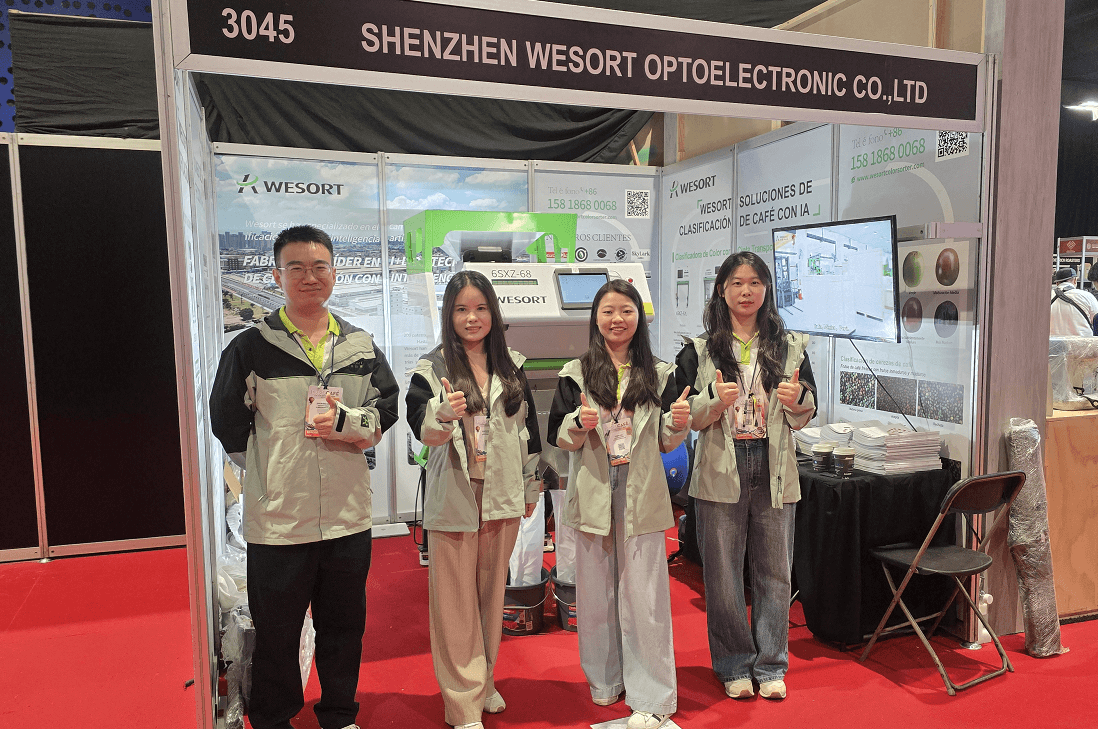
In Mexico, coffee is more than just a drink — it’s a culture, a tradition, and a vital industry. Yet, challenges like impurities, pest damage, and uneven coloration often diminish the value of even the most carefully cultivated beans. At EXPO CAFÉ...
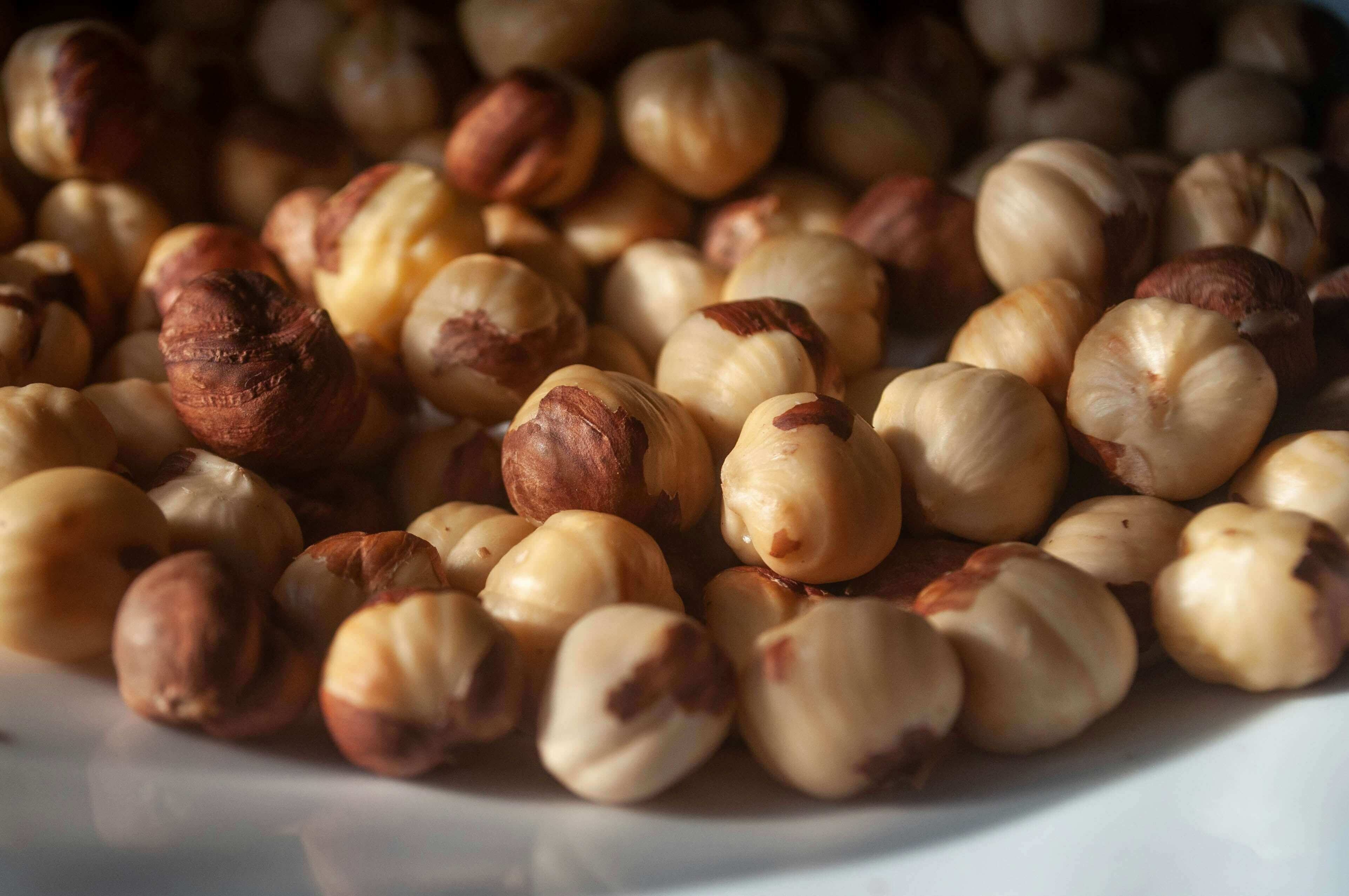
The global demand for hazelnuts continues to rise, driven by the growth of confectionery, bakery, and healthy snack markets. As consumption increases, so does the importance of quality control. Hazelnut processors face mounting pressure to deliver ...
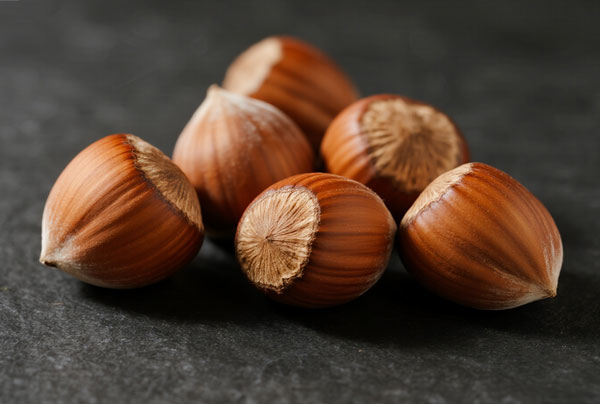
Hazelnuts are widely used in confectionery, bakery, and snacks, where product quality directly affects market value. However, hazelnut processing often faces serious challenges, such as pest infestation, seasonal labor shortages, and inconsistent m...
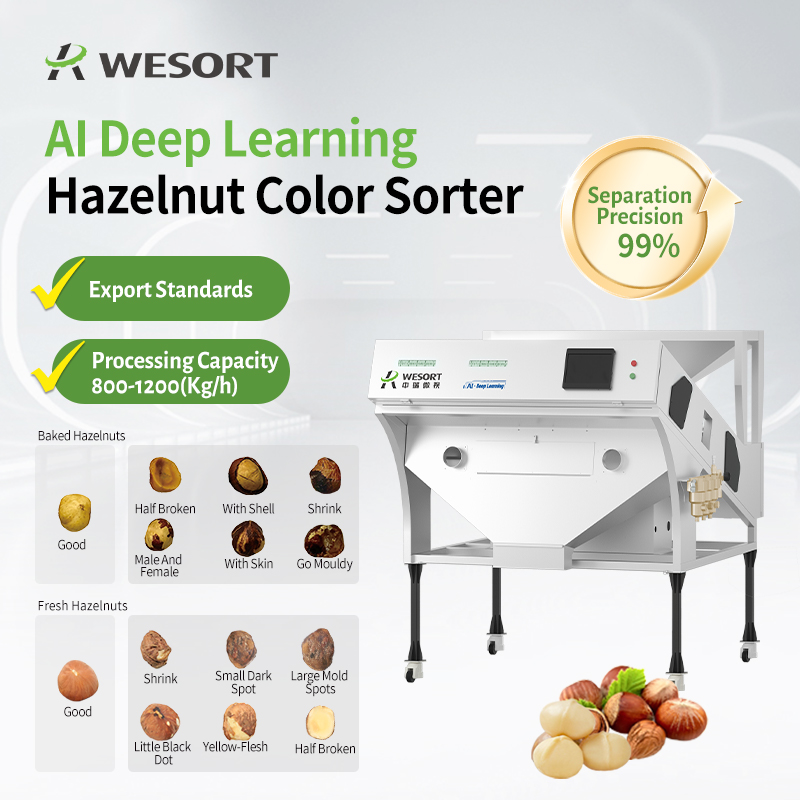
Hazelnut is the nut of the hazel and therefore includes any of the nuts deriving from species of the genus Corylus, especially the nuts of the species Corylus avellana. It is also known as cobnut or filbert nut according to species. A cob is roughl...
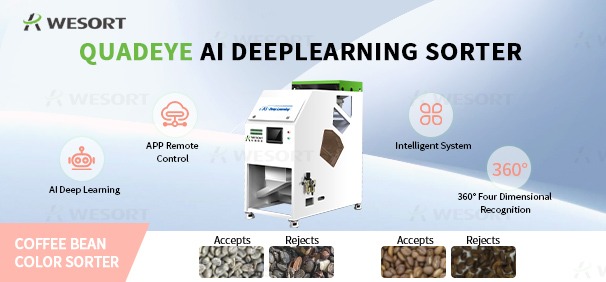
When you enjoy a smooth cup of coffee, you may not realize how much work goes into ensuring its purity and flavor. From harvest to cup, every step matters—and one of the most critical yet often overlooked stages is coffee bean sorting. Common Cof...
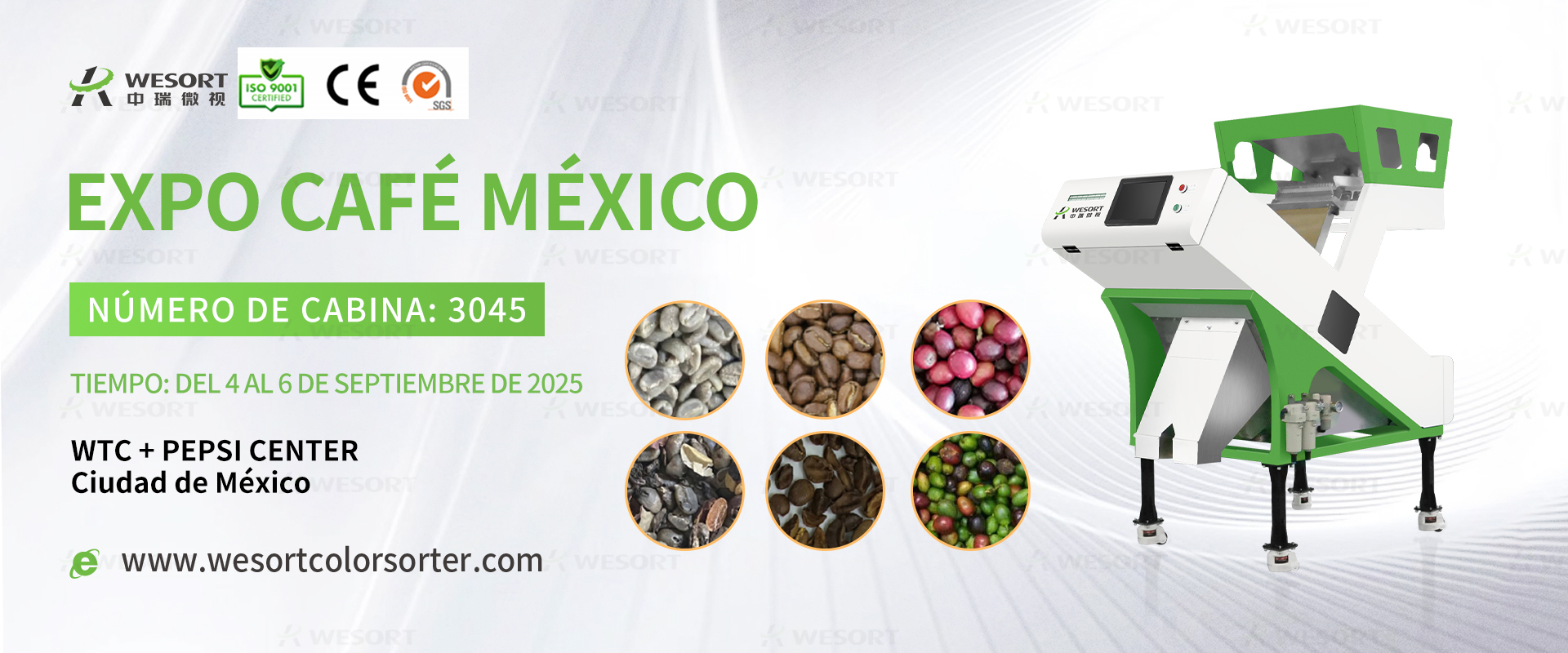
Dear Coffee Industry Partners, The Mexican Coffee Shop Expo 2025 is just around the corner—and WESORT , a leader in intelligent sorting technology, will be there to showcase our core solution for coffee processors: Coffee Bean Color Sorters. Mark...
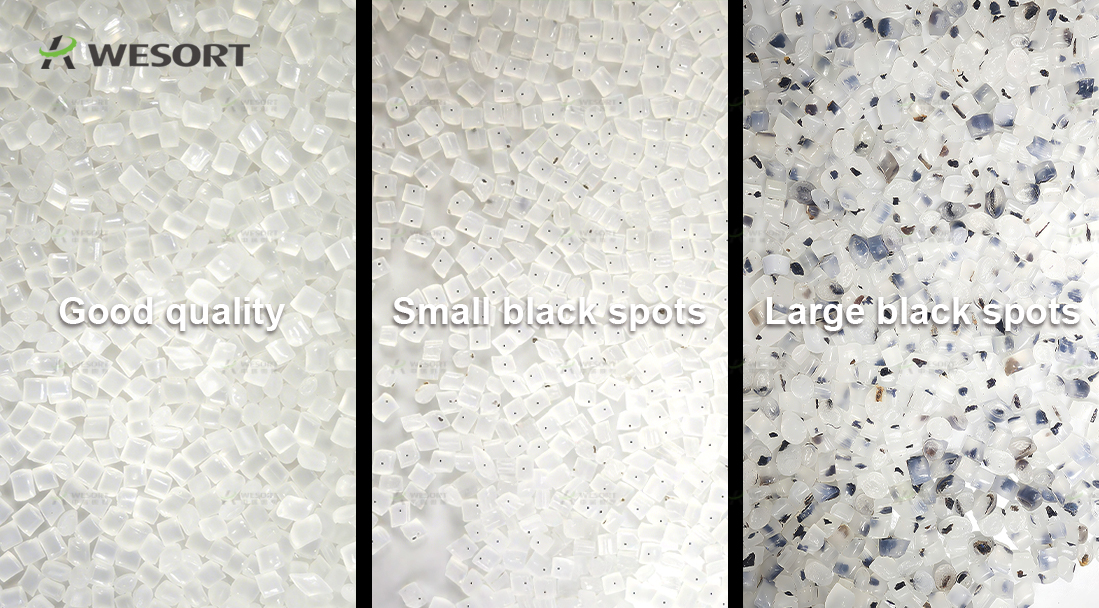
In the plastic pellet production process, color purity often directly determines the product's selling price and market competitiveness. Especially for transparent, white, or light-colored plastic pellets, even tiny black specks can affect the appe...

In modern agriculture, food processing, and recycling, quality control plays a vital role. This is where an optical sorter comes in. Many buyers often ask: What is an optical sorter? What does it do? How much does it cost? And how is WESORT optical...

In the coffee industry, the quality of the final cup often depends on the smallest details during processing. One crucial step is removing defective beans, foreign materials, and color inconsistencies. This is where a coffee bean color sorter plays...

Coffee processing is a complex and meticulous task that involves several stages to transform raw coffee cherries into the high-quality beans we enjoy in our morning brew. One crucial step in this process is the sorting of coffee beans based on thei...

In the world of walnut processing, even the smallest imperfection can significantly impact product quality, market price, and brand reputation. Mold, insect damage, broken pieces, or inconsistent color are common defects that reduce the value of wa...

From green bean exporters to specialty coffee roasters, every producer faces the same challenge: how to remove defects efficiently while protecting valuable beans. Problems such as mold, fermentation damage, insect bites, black beans, broken beans,...

To meet the growing demand for premium and specialty coffee, sorting accuracy must go beyond traditional color-based systems. The QuadEye 360 AI Coffee Bean Sorter, developed by WESORT, represents the next generation of intelligent coffee bean so...

Dear friend, If you are attending World of Coffee Dubai 2026. we would like to invite you to visit WESORT. We will showcase our QuadEye 360 AI Coffee Bean Sorter, featuring 360° four-side inspection, AI deep learning models, near-zero breakage,...

Meta Description: Looking for the top hazelnut sorting machine manufacturer? WESORT offers advanced hazelnut color sorters with AI deep learning to efficiently remove defects, pests, and foreign materials. Boost your hazelnut processing efficienc...